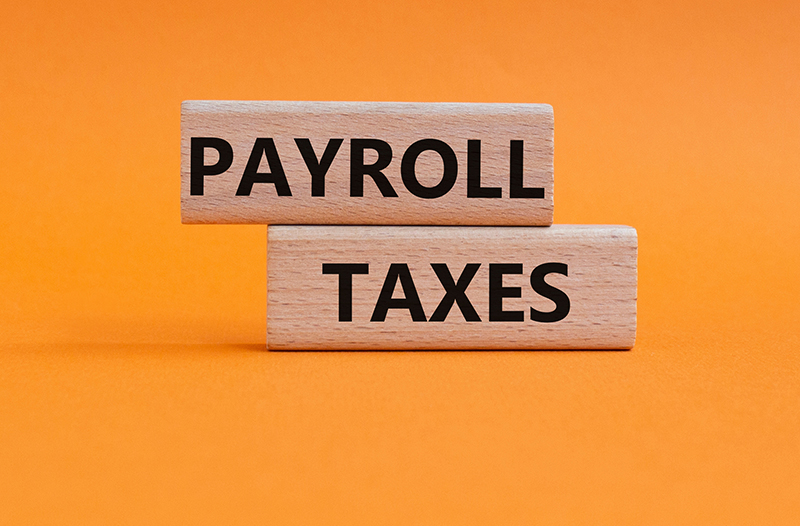Can federal payroll tax debt be reduced?
October 10, 2022 by Steve Banner, EA, MBA
I’m sure you would agree with me when I say that having a federal income tax debt of any kind is never a good thing. But I have to tell you that having a federal payroll tax debt is even worse in the eyes of the IRS than a federal personal income tax debt. This is because your personal debt represents taxes that have not been paid on the behalf of an individual or married couple, whereas a payroll tax debt can represent unpaid taxes on behalf of a group of employees or the workforce of an entire company. As a result, the IRS treats payroll tax debt very seriously. Any employer or employee whose job it is to collect and pay the taxes, but willfully fails to do so, can be held responsible.
The size of a payroll tax debt can grow quite quickly when penalties are taken into account. In most cases, the IRS will impose a Failure to Deposit Penalty whenever payroll taxes are remitted late, or not in full, or not at all. The longer the payroll taxes remain undeposited, the more the penalty grows. The penalty starts at 2% of the unpaid amount if the deposit is between one and five calendar days late. When the deposit is between six and fifteen days late, the penalty increases to 5%. Once an employer receives their first notice or letter from the IRS regarding the missing deposits, the employer has ten calendar days from the date on the letter to submit the total amount due, and a maximum 10% penalty may apply. After ten days, the penalty increases to 15%. And by the way, interest is also charged on the penalty.
Another option available to the IRS is to impose the Trust Fund Recovery Penalty (TFRP), which is 100% of the unpaid amount of the employee’s share of taxes (i.e., the taxes held in trust by the employer). This penalty can only be imposed if the failure of the responsible person to collect or remit the trust fund portion of the payroll taxes was determined to be willful.
Coming back to our original question: how can this growing amount of debt be reduced? It all depends on the facts and circumstances, but there may be some light at the end of this long, dark tunnel. To begin with, there are some specific situations where the IRS will waive the Failure to Deposit penalty for submitting payroll taxes late. For example, the IRS may remove or reduce the penalty if the taxpayer acted in good faith and can show reasonable cause for why they were not able to meet their tax obligations. The IRS also offers installment plans that will allow a taxpayer to make monthly payments to gradually reduce the amount owed.
Another possibility is an offer in compromise to resolve payroll tax debt, but this is only available in certain situations. The IRS is likely to decline an offer in compromise if it believes the business could pay the full amount through an installment agreement. If the IRS accepts an offer in compromise from a business, it will still require that the remaining unpaid trust fund tax debt be collected from the responsible parties within the business. The IRS will not consider an offer unless either the trust fund amount is paid, or Trust Fund Recovery Penalties have been assessed on all responsible parties. However, they allow an exception to this requirement if the payroll tax debt is the result of payroll service fraud or if the payroll service failed to make deposits on behalf of the business.
As we have seen, dealing with payroll tax debt can be a very challenging concern for businesses both small and large. Obviously, the best way to avoid this problem is to stop it before it starts, and make sure all payroll tax payments are made correctly, timely, and in full. But for those who already have a debt of this kind, more information can be found here. An overview of handling payroll tax debt is found in this video from TaxAudit’s leading tax attorney.

In cases like this, the help of an experienced tax professional can be vital to guide you through the list of options and the IRS’ applicable guidelines. For no fee, and with no obligation, you can talk with an expert who will help you learn more about the best course of action in your situation. TaxAudit’s team of tax professionals can also represent you in case you decide you would rather not face the IRS alone.





